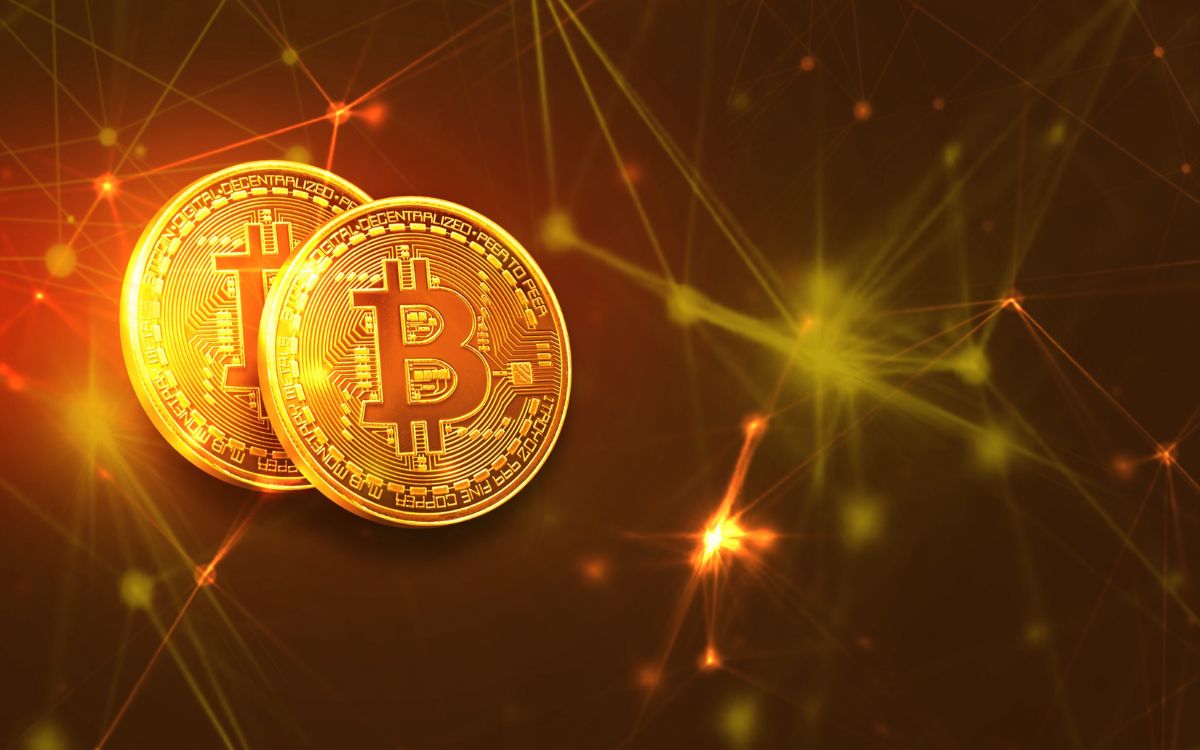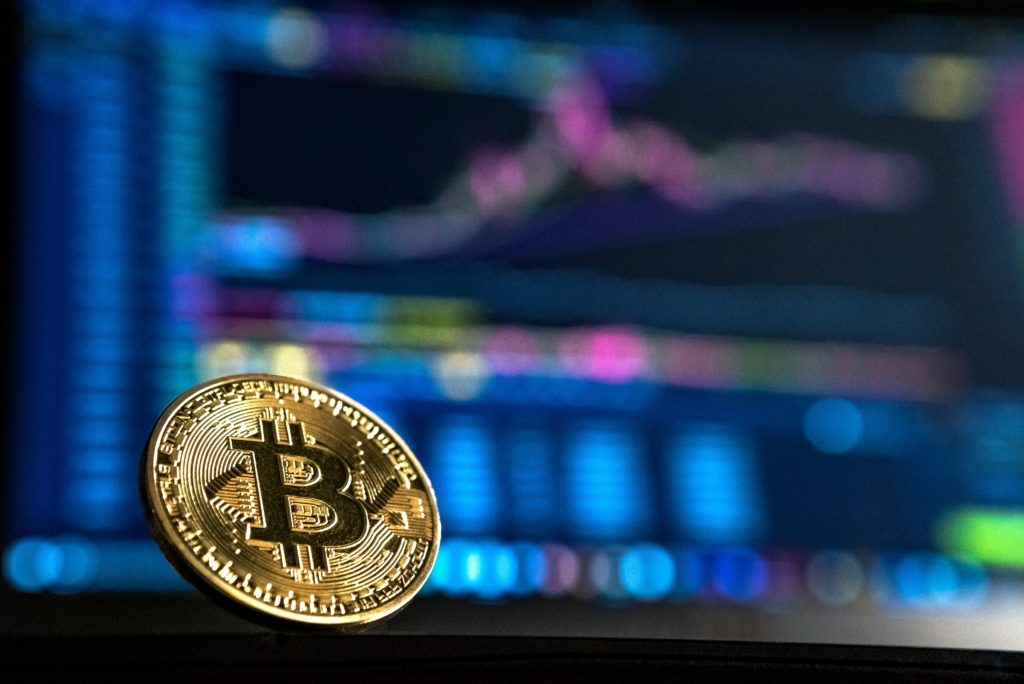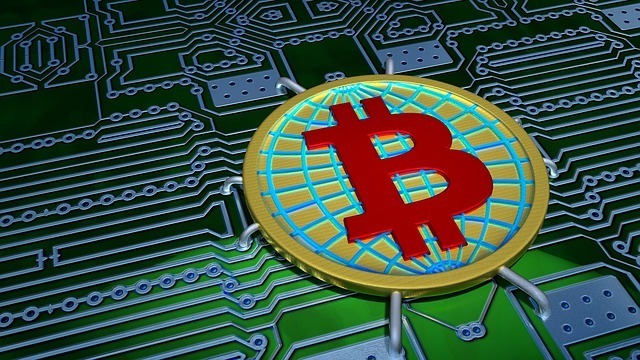Is Bitcoin “First True Religion” Of The 21st Century
If you read enough about Bitcoin, you’ll certainly run into those who consider cryptocurrency to be a form of religion. Bitcoin was referred to as “the first true religion of the 21st century” by Bloomberg’s Lorcan Roche Kelly. Hass McCook, a proponent of bitcoin, has adopted the moniker “The Friar” and has published several articles on Medium likening bitcoin to a religion. A Church of Bitcoin was established in 2017 and clearly refers to Satoshi Nakamoto as its “prophet.”
In Austin, Texas, with messages like “Crypto, Is Real”, billboards strangely resemble the omnipresent Jesus billboards on Texas roads. Bitcoin, like many other faiths, has dietary requirements attached to it.
Well that settles it ladies and gentlemen.
Crypto is real
Billboard in Austin Texas pic.twitter.com/PPf1uxrIXa
— Euclid (@CryptoEuclid) January 30, 2022
The unsavoury aspect of religion
Does Bitcoin qualify as a religion because it has prophets, evangelists, and dietary restrictions? I believe that this is an improper question to pose as a religious scholar. There is no agreed-upon definition of what religion is, which is the dirty little secret of religious studies. Though there is little doubt that traditions like Christianity, Islam, and Buddhism exist and have commonalities, the notion that they are all forms of religion is rather recent.
Around the 16th century, the term “religion”, as it is used now, emerged in Europe. It is a broad category encompassing various cultural beliefs and customs about God, the afterlife, and morality. Many Europeans formerly believed that the only three groups of people on the globe were Christians, Jews, and heathens.
After the Protestant Reformation, this model changed when a protracted struggle between Catholics and Protestants broke out. These became referred to as “religious conflicts,” and religion was used to discuss divisions among Christians. Through colonialism and exploration, Europeans encountered different cultures at the same time. Some of the customs they observed were categorised as religions since they had certain similarities to Christianity.
The word “religion” has not historically been directly translated into non-European languages. The definition of what constitutes religion has evolved over time, and political considerations always come into play while making this determination. According to religion expert Russell McCutcheon, the interesting thing to investigate is “the making of religion” process itself, whether that manufacturing activity occurs in a courtroom or is a claim made by a group about their own behaviours and institutions.
Critics emphasise unreasonableness
This assertion seems to be being made by certain commentators to discourage investors from buying Bitcoin. In an effort to temper the hype around cryptocurrencies, Emerging Market Fund Manager Mark Mobius asserted that “crypto is a religion, not an investment.” However, his assertion demonstrates the false dichotomy fallacy, which is the belief that if something is one thing, it cannot be another. Religion can be almost anything, including an investment, a political ideology, or just about anything else. Why, then, would anyone assert that Bitcoin is a religion in light of this?
Since Voltaire’s statement that “reason and common sense can be more contrary to religion and the clergy than anything else,” this critique of religion has been around. But Mobius wants to make a point: “Religion” is irrational, just like cryptocurrency. In this instance, calling Bitcoin a “religion” implies that its users are fanatics who don’t make logical decisions.
Also, read – The HODL Theory And Its Relevance With Bitcoin
Bitcoin is healthful and moral.
On the other hand, some Bitcoin supporters have embraced the designation of religion. The essays by McCook highlight and normalise specific facets of Bitcoin culture by using religious language. For instance, the act of routinely purchasing tiny portions of bitcoins, or “stacking sats,” seems odd. The term “tithing,” however, is used by McCook to describe this conduct as a religious ceremony. Tithing is a common religious practice in which participants give recurring contributions to the church. Sat stacking now seems more familiar as a result of this comparison.
While religion may be linked to the irrational for some, it is also linked to what religion expert Doug Cowan refers to as “the good, moral, and decent fallacy.” In other words, some people frequently think that if something is truly a religion, it must stand for something admirable. Some “stack sats” may come off as odd. However, those who “tithe” may come seen as moral and upright.
Applying a framework of religion
The designation of something as a religion can open up new perspectives for religion experts. “Religion” is not a native concept; it was coined by scholars for their intellectual aims and is thus theirs to define, according to religion scholar J.Z. Smith. Smith believes classifying some cultural practises or organisations as religions give a framework for comparison that should lead to fresh insight. In light of this, drawing comparisons between Bitcoin and a religion like Christianity may prompt individuals to pay attention to issues they previously overlooked.
For instance, charismatic leaders were often the ones who started religions. The only source of charismatic authority is the bond between a leader and their followers, not from any institution of government or tradition. Followers of charismatic leaders consider them to be superhuman or, at the very least outstanding. Because of the fragile nature of this relationship, leaders frequently maintain a distance in order to prevent followers from perceiving them as regular people.
Many critics have noticed that Satoshi Nakamoto, the person who created Bitcoin, has a prophetic quality. It is still unknown who Nakamoto really is or whether they are a group of individuals. However, the mystery surrounding this person is a source of fascination with implications for the financial worth of bitcoin. Many people who invest in bitcoin do so in part because they think Nakamoto is brilliant and a rebel in the financial world. To honour Nakamoto, artists even built a bronze statue in Budapest. Additionally, there is a link between Bitcoin and millennialism, which is the notion that a certain group of people will soon experience collective salvation.
Christianity’s millennial hopes centre on Jesus’ second coming and the ultimate verdict on the living and the dead. Some Bitcoiners think bitcoin will eventually “hyperbitcoinize,” becoming the only legal form of money. The “Bitcoin believers” who made investments will be vindicated at that point, while the “no coiners” who avoided cryptocurrencies will suffer severe losses.
An avenue for redemption
Finally, some Bitcoiners believe that bitcoin is the solution to all of humanity’s problems rather than just a tool to make money. According to McCook, the only way to preserve the whales, the trees, or the children is if we just stop the degeneracy. “Because the fundamental cause of all of our problems is basically money printing and capital misallocation as a result of that,” he claims.
The most important aspect of comparison with religious traditions maybe this mindset. Stephen Prothero, a professor of religion, uses a four-point model in his book “God Is Not One” to highlight the distinctiveness of various world religions. In each tradition, a specific issue with the human condition is identified, a solution is proposed, specific practices are offered to achieve the solution, and role models are presented to show the way forward.
The role models are people like Satoshi and others who were actively developing blockchain technology. This model can be used to explain Bitcoin: The issue is fiat money, the solution is Bitcoin, and the behaviours include enticing others to invest, “stacking sats,” and “hodling,” which is the practice of withholding bitcoin in order to maintain its value. Does this parallel so establish Bitcoin’s status as a religion?
Not necessarily, as there are numerous definitions of religion offered by theologians, sociologists, and legal theorists, each of which has a varied level of applicability depending on the context. In contrast, if Bitcoin were viewed as solely an economic phenomenon, this parallel could make it easier for people to comprehend why it has attracted so many individuals.
Stay informed with daily updates from Blockchain Magazine on Google News. Click here to follow us and mark as favorite: [Blockchain Magazine on Google News].
Get Blockchain Insights In Inbox
Stay ahead of the curve with expert analysis and market updates.
latest from tech
Disclaimer: Any post shared by a third-party agency are sponsored and Blockchain Magazine has no views on any such posts. The views and opinions expressed in this post are those of the clients and do not necessarily reflect the official policy or position of Blockchain Magazine. The information provided in this post is for informational purposes only and should not be considered as financial, investment, or professional advice. Blockchain Magazine does not endorse or promote any specific products, services, or companies mentioned in this posts. Readers are encouraged to conduct their own research and consult with a qualified professional before making any financial decisions.

 Bitcoin
Bitcoin  Ethereum
Ethereum  Tether
Tether  XRP
XRP  Solana
Solana  Dogecoin
Dogecoin  USDC
USDC  Lido Staked Ether
Lido Staked Ether  Cardano
Cardano  TRON
TRON  Avalanche
Avalanche  Chainlink
Chainlink  Wrapped stETH
Wrapped stETH  Toncoin
Toncoin  Sui
Sui  Shiba Inu
Shiba Inu  Wrapped Bitcoin
Wrapped Bitcoin  Hyperliquid
Hyperliquid  Stellar
Stellar  Polkadot
Polkadot  Hedera
Hedera  WETH
WETH  Bitcoin Cash
Bitcoin Cash  LEO Token
LEO Token  Uniswap
Uniswap  Litecoin
Litecoin  Pepe
Pepe  Wrapped eETH
Wrapped eETH  NEAR Protocol
NEAR Protocol  Ethena USDe
Ethena USDe  Aptos
Aptos  USDS
USDS  Internet Computer
Internet Computer  Aave
Aave  Cronos
Cronos  POL (ex-MATIC)
POL (ex-MATIC)  Ethereum Classic
Ethereum Classic  Mantle
Mantle  Render
Render  MANTRA
MANTRA  WhiteBIT Coin
WhiteBIT Coin  Monero
Monero  Bittensor
Bittensor  Dai
Dai  Artificial Superintelligence Alliance
Artificial Superintelligence Alliance  Arbitrum
Arbitrum  Ethena
Ethena 



